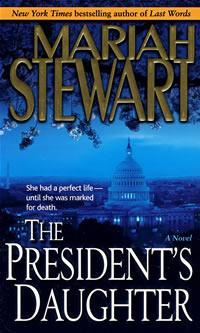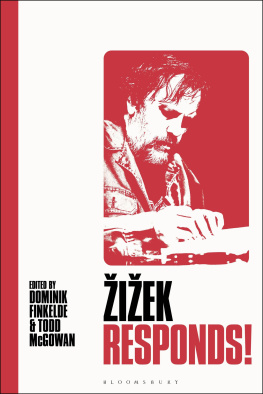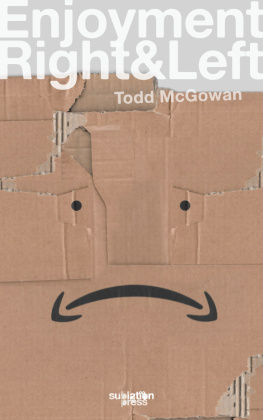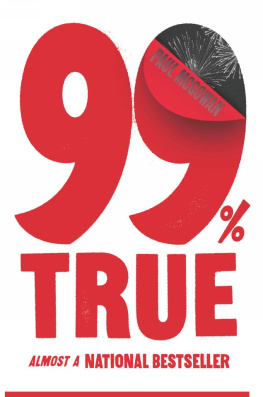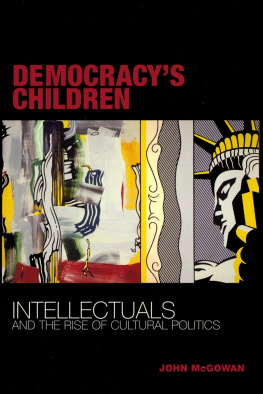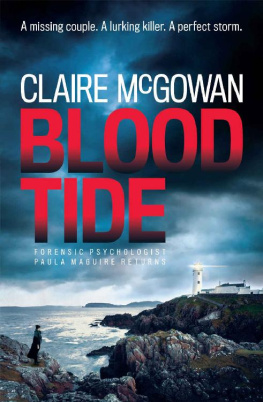
Mariah Stewart
Last Breath
The third book in the Last series, 2007
Over the past several years, Ive offered the opportunity to name a character after the winner of several charitable auctions. The winner gets to choose if theyd like their name to be used for a vixen, villain, or good guy. (Interesting enough, so far, all but one has chosen villain-not sure what that means!)
Sabina Bokhari, D.M.D., was the winning bidder at the Gladwyne Montessori School s fundraising auction. Libby Herron, Montessori teacher and dear friend, hosted Sabina and I for an unforgettable lunch at her lovely home. I should note that the real Dr. Bokhari is every bit as charming and beautiful as her namesake.
Tonia Burnettes winning bid at the fundraiser for Union Hospital in Elkton, Maryland, resulted in a most unusual Christmas gift for her mother, Louise, who, as I recall, had only two requests: she didnt want to be a bad guy, and she didnt want her character killed off.
Her daughter and I agreed that C. Louise Burnette was an exceptionally fine name for a university president.
Id also like to thank FBI Special Agent Pam Stratton for sharing her insights and her expertise. Her suggestions and her guidance were much appreciated.
Of course, as always, any errors are mine.
Ive had the unique and incredibly fortunate experience to have worked with the same amazing group of women since my first book was published: my agent, Loretta Barrett, editors Kate Collins and Linda Marrow, and publisher Gina Centrello, whose signature has been on every contract Ive ever signed. I cant imagine anyone being luckier than I have been.
Heartfelt thanks to the wonderful, hardworking crew at Ballantine Books who work so hard to get my books out there: Nancy Delia, Kim Hovey, Libby McGuire, Kate Blum, Brian McLendon, Scott Shannon, Carl Galian, and Penelope Haynes.
And very special thanks to Daniel Mallory.
OCTOBER 1908
Ona hill in Asia Minor
The sun had not yet risen, but the man climbing the hill was already dressed and warming his hands around a cup of strong Turkish coffee. Under his arm he held a leather folder, which he opened once he reached the top of the hill and sat upon a rock that overlooked the camp. He removed a sheet of pale ivory paper and began to read over the letter hed written only moments before.
My most darling Iliana,
I am praying this letter finds you feeling well, and in good spirits, and that our sons are helping to fill the hours until my return. You will be happy to know that I will be home soon, and that over the past few weeks, we have prepared to take our leave of this wondrous place. As much as I long for the warmth and comfort of you and our home, I cannot deny the pangs of sadness I feel at having to leave behind this city where the dreams of my lifetime have been realized. If only I could describe to you the feeling that grows inside me when I stand and gaze down upon the ruins of this once grand city, this city where potters and weavers, engineers and farmers, glassblowers and jewelers once plied their trade. There is the temple where they worshipped their goddess, Ereshkigal, and the marketplace where the ancient merchants offered their wares to the caravans passing through. There is where the homes of the wealthy once stood, and here are their tombs, the contents of which I cannot recount to you. Soon, however, you will see with your own eyes, what your husband has spent his life in search of
Dr. McGowan, a voice called up from below.
Yes, John? Alistair McGowan turned to the sound.
We are ready to begin loading the camels. Will you come?
Give me just a moment. He finished reading the letter, then placed it in an envelope. Once back in his tent, he would seal it with wax, then hand it to the member of his team whod leave the camp before the others to arrange for passage from Constantinople to England, and from England to America. It would be a long and costly journey, but the expense would be more than worth it. He closed his eyes and tried to imagine the look on the face of his benefactor when he saw what Alistair had found buried in the desert sands, and a thrill of anticipation surged through him, head to toe.
Alistair McGowan had been a young and promising archaeologist when hed first petitioned his university to fund an expedition in search of the fabled city, but had been denied time and again. Then fate, in the guise of a newly chartered university led by the forward-thinking and very wealthy Benjamin Howe, lured him with the promise of sufficient backing to send his expedition to Turkey to follow his dream. Alistair promptly set out to meet with Howe, who had been true to his word. Everything Alistair wanted or needed was supplied, not only that year, but the next, and the next, and the one following that. If Howe was becoming discouraged, he never let on, which had only fueled Alistairs determination to find the city and bring its treasures home.
And this time, he would.
Frustrating though it had been at times, in his heart hed loved the game. He closed his eyes and recalled the day hed uncovered the tombs where the treasures of the goddess had all but spilled into his hands. His heart had been pounding, his eyes clouded with a murky mix of dust and tears, the pick shaking in his hand. Hed fought the urge to plow through, choosing instead to painstakingly remove each block of the outer wall, one by one, until there was room enough to pass through.
Once inside, hed stood by patiently while all was carefully photographed. It had taken forever, but he knew that what hed found was a treasure for the ages. Here was a find as great as that of Troy, but no one in the archaeological community would be accusing Alistair McGowan of carelessness as they had Heinrich Schliemann. The excavation of Shandihar would be strictly by the book.
Yes, Alistair McGowan had loved the game, but the game was now over. It was time to gather the spoils.
From deep in the shadows, a figure watched the foreigner enter the sacred places that the descendants of the Holy Scribes had guarded for over two thousand years. Below him, the camp was coming alive. Helplessly he watched as sacred artifacts were packed into wooden crates for the journey that would steal his heritage forever.
Forgive me, Goddess. I have failed you, he murmured into the wind.
We have all failed. A second figure stepped out from behind the rock. But what can we do? Their strength is in their numbers, and we few are all that remain.
Then we must increase our numbers until the strength is ours. However long that takes.
He turned to his brother and rested a hand on his shoulder. Its time to join the others.
We will be struck down for helping them to commit this sacrilege.
The desecration has been done. By accompanying them, we will know for certain their destination. And when the time comes, we will reclaim the sacred icons and return the goddess to her home. If it takes a millennium. His face hardened in the dawn light. The faithful will remember.
The first man drew his cloak around him against the cool morning breeze and started down the mountain. His brother hesitated before following, whispering softly, The faithful will remember
JULY 2007
Northwestern Iran
In the bottom of the earthen pit, two skulls lay side by side, their foreheads touching, eyeless sockets gazing eternally into eyeless sockets. A hand of bone lay across a forearm, and bony fingers rested on what had once been the cheek of a beloved. From above, faces stared down at the unique find, most definitely unexpected in this part of the world. Here one was more likely to discover swords and knives, perhaps the bronze or silver sidepiece of a horses bridle. In some graves, a beloved horse had been buried with its rider. But lovers buried together, still locked in an embrace,
Next page

